Kaged Creatine HCl Review (2026)
Author:
Unlock your full potential by engaging with our experts and community! Have questions about your fitness journey or looking for expert advice on weightlifting techniques? Don’t hesitate — leave a comment below and Camila Parente Santos will provide a personalized answer and insights to help you reach your goals.
Torokhtiy is reader-supported. Some links are affiliate links, and we may earn a commission at no extra cost to you. See our disclosure page for details.
In this Kaged Creatine HCl review, we’ll be looking at this alternative to Creatine Monohydrate so you can see if it’s right for you.
In short, while this supplement would be otherwise effective, at 750mg of creatine per serving, it’s dosed far too low for any effects. You’d need to take 4-7 servings every day for a standard creatine dose of 3-5g. This is likely because of the myth that HCl is more bioavailable than Monohydrate, and requires smaller doses.
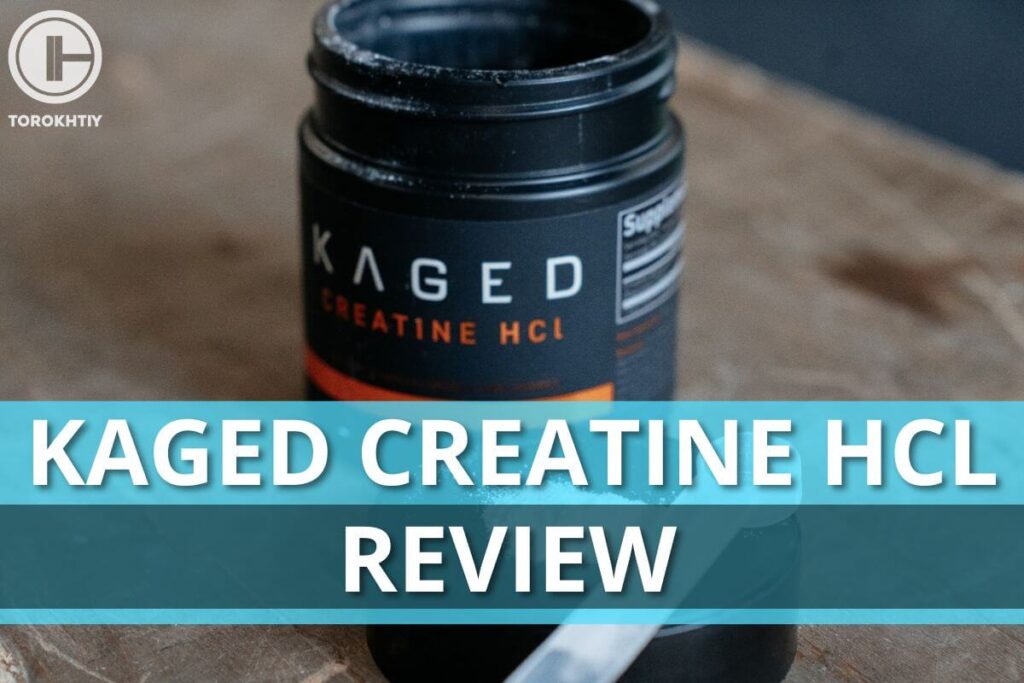
In general, creatine monohydrate will be a better choice for most people when it comes to creatine supplementation. With there being plenty of high-quality Monohydrate supplements available, we find it difficult to recommend any Creatine HCl supplement, including Kaged.
Kaged Creatine HCl Review: Quick Summary
Kaged Creatine HCl
- Form: Powder (Capsules also available)
- Servings per Container (5g): ~11.3
- Suitable for Vegans: Yes
- Price per Serving (5g): ~$2.21
- Company Founded: 2015
- Recommended by Athletes: Andrea Somer, Colt Nichols, Kris Gethin
Kaged is a typically very high-quality and trustworthy brand when it comes to supplements like protein powder and pre-workout. With that being said, this Creatine HCl is certainly a low point for them.
While this would likely be an effective supplement if it were dosed better, each serving only contains 750mg of Creatine HCl. So, because you’d need to take 6-7 servings for a standard 5g dose, there are only about 11.3 full servings per package, with each costing you about ~$2.21 per serving.
This supplement does have some pros like good flavor variety and excellent mixability. Still, it’s just not worth the money considering you can find more effectively dosed monohydrate supplements for much cheaper than this.
Positives:
Could be better:
Who and What is Kaged Creatine HCl for
Creatine is one of the most effective, useful sports supplements available, with benefits including improved high-intensity exercise performance, recovery, and strength. This is why we recommend creatine for virtually all athletes!
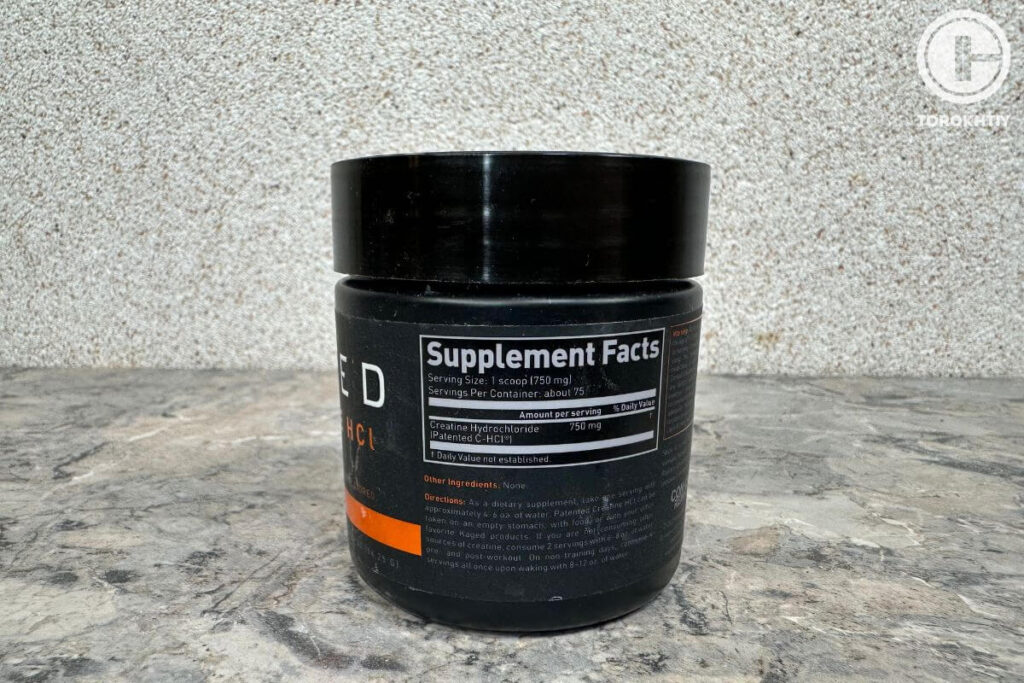
HCl is an alternative form of the more common monohydrate, made by combining Creatine Monohydrate and Acetyl Chloride. This is done to make a more soluble form of creatine. However, we generally recommend taking Monohydrate over HCl as it’s a more well-researched form of the supplement.
While HCl is a more soluble form of Creatine, it is also likely not any more bioavailable than monohydrate. However, because solubility and bioavailability get conflated, brands like Kaged still sell HCl at ineffectively low doses like 750mg.
While Kaged HCl would be effective if you took 4-6 servings per day, you’d be much better off buying a more basic creatine monohydrate supplement which is significantly cheaper.
Kaged Creatine HCl Review
Below we’ll be going more in-depth on Kaged Muscle Creatine HCl, breaking down its ingredients, solubility, and more. In short, we don’t believe this supplement is worth your money considering there are Monohydrate supplements available for significantly cheaper.
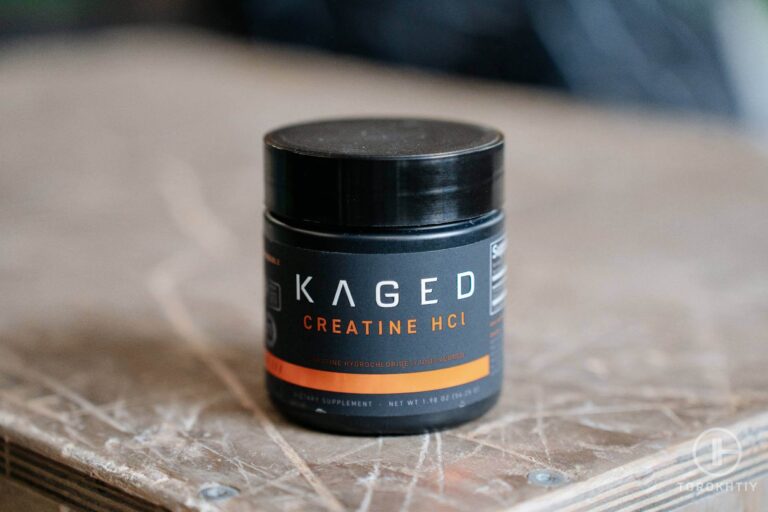
1. Ingredient Breakdown
Creatine HCl
Kaged offers a very simple supplement that only contains 1 active ingredient, which is Creatine HCl. Of course, as mentioned, this ingredient is dosed far too low here to be effective. At 750mg per serving, you’d need to take 4-6 servings a day for any notable effects.
2. Supplement Facts
As mentioned several times, the biggest issue with this supplement is how it's dosed. While Creatine HCl can be an effective alternative to Monohydrate, it needs to be taken at equivalent doses of 3-5g. Kaged implying that a 750mg of Creatine HCl is an effective dose is very misleading.
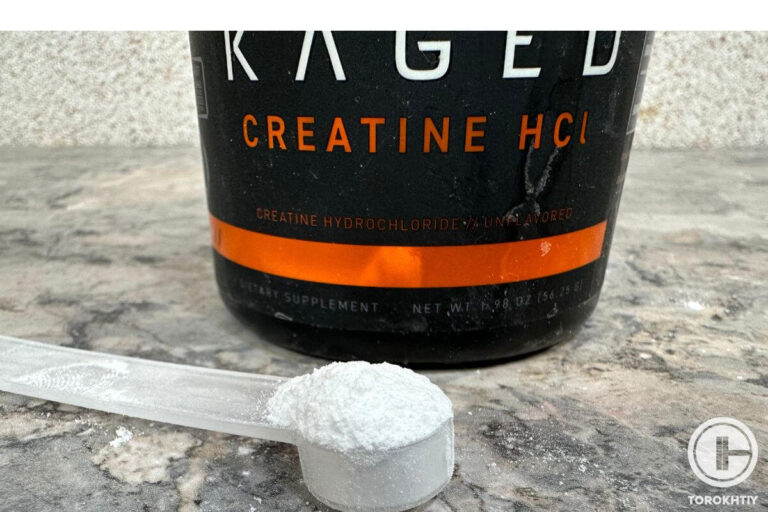
3. Nutrition Label Transparency
Overall, this is a fairly simple supplement. One thing you may want to look out for is the inclusion of artificial sweetener sucralose. While most people will likely be fine with this, some people do prefer to avoid artificial sweeteners, so keep this in mind.
4. Solubility
His supplement mixes very well from our experience. This makes sense considering solubility is the main advantage Creatine HCl has over Creatine Monohydrate.
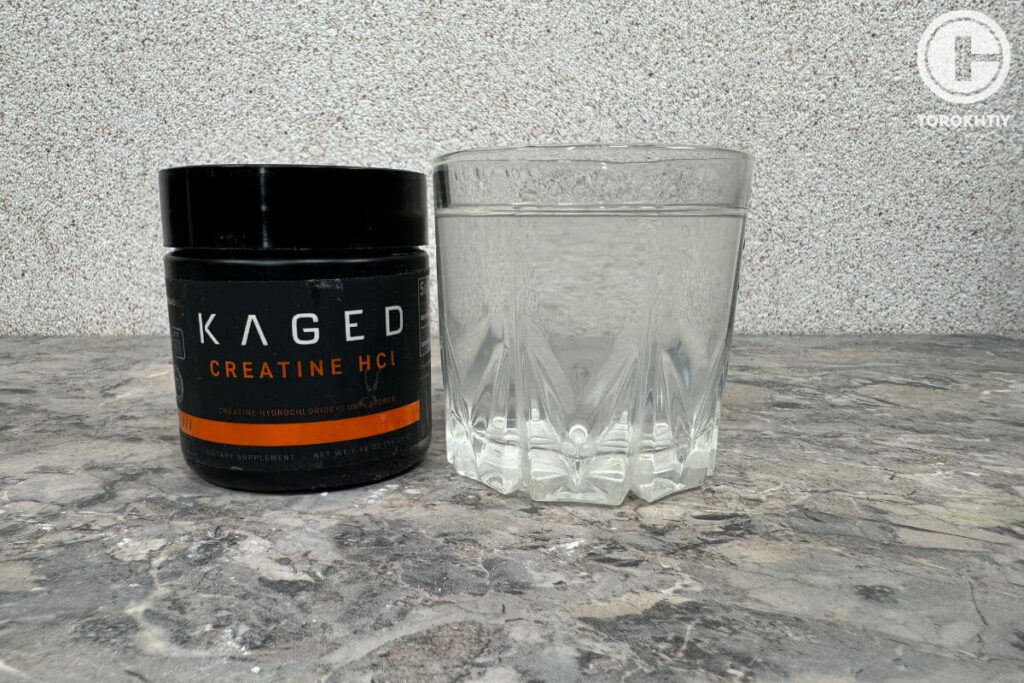
It appears to be approximately 38 times more soluble than Creatine Monohydrate, although this doesn’t appear to translate to improved bioavailability. So, while Creatine HCl will dissolve better in water, it will likely be absorbed by your body similarly to equivalent amounts of Monohydrate.
It is worth noting that this increased solubility appears to be beneficial for anyone who experiences stomach discofmort when using creatine monohydrate. However, whether this is worth paying significantly more for HCl will be up to you.
5. Taste/Flavor
There are numerous reviews on Kaged’s site praising the flavor of this supplement. We tested the unflavored version and found it to have a neutral taste with a slight hint of lemon.
Aside from the unflavored option, you can get it in Fruit Punch or Lemon Lime, which people seem to enjoy based on reviews. This supplement also comes in vegetable caps if you’d prefer to take your creatine in capsule form.
6. Value for Money
On average, Creatine HCl is significantly more expensive than Monohydrate. Kaged’s Creatine HCl is no exception, costing around ~$2.21 for a standard 5g serving. You could save a bit of money by taking a 3g serving, but it would still be pricey at ~$1.33.
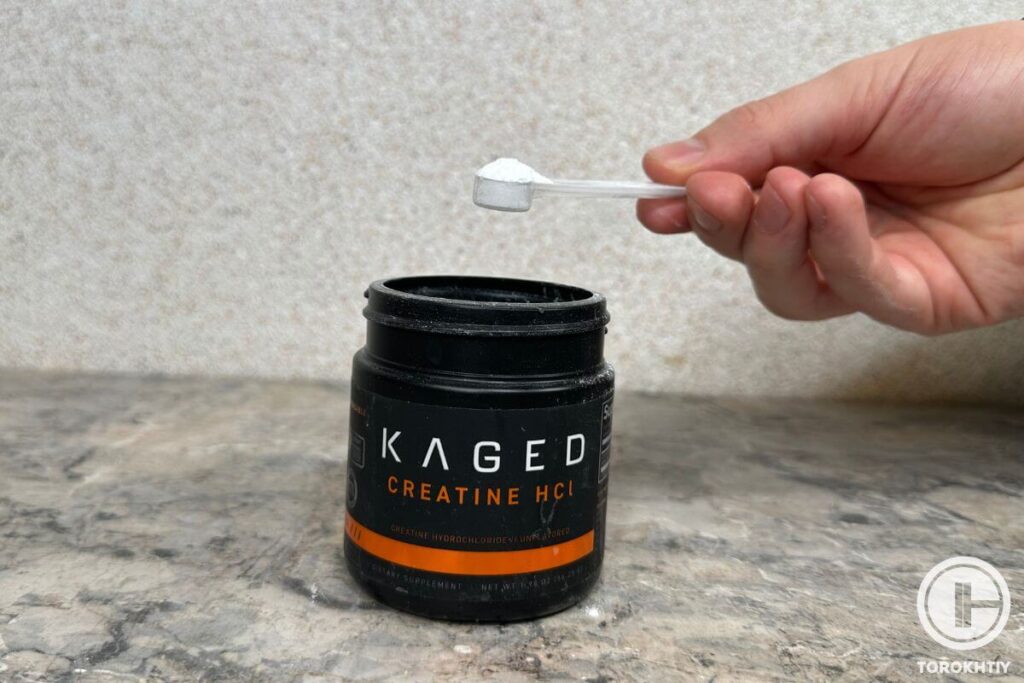
For reference, you can get Jacked Factory’s creatine monohydrate supplement for only ~$0.40 per 5g serving, which is a much better deal. With there being many monohydrate supplements significantly cheaper than Kaged, we believe this supplement is far too expensive.
How do you use Kaged Creatine HCl?
Overall, if you want to use Kaged Creatine HCl, we recommend taking a daily dose of 3-5g for optimal effects. This would mean you should take 4-6 servings per day for optimal effects. Below we’ll quickly be covering different serving sizes so you can have a better idea of what to expect from this supplement.
| Serving Size | Amount of Servings | Servings per Container | Cost per Serving | Effectiveness |
|---|---|---|---|---|
| 750mg | 1 | 75 | ~$0.33 | Unlikely to provide any significant effects with consistent use |
| 3g | 4 | ~18.75 | ~$1.33 | Minimum recommended daily dose for significant effects |
| 5g | ~6.67 | ~11.24 | ~$2.21 | Standard daily dose recommended for most people |
Kaged Creatine HCl Alternatives
Below we’ll be looking at a few alternatives to Kaged’s Creatine HCl from GNC and Con-Cret. Let’s take a closer look at these supplements to see if they’re more effective than Kaged. As you’ll see, you’re likely better off buying a monohydrate supplement instead, as most HCl supplements are ineffectively dosed and drastically overpriced.
1. Kaged Creatine HCl vs GNC Creatine HCl
GNC Creatine HCl
- Form: Capsules (Tablets)
- Suitable for Vegans: Yes
- Other Ingredients: Calcium
- Price per Serving (for 3 g): ~$1.35
- Servings per Container (for 3 g): 48-50
- Company Founded: 1935
- Recommended by Athletes: Maddy Gorini
GNC’s creatine HCl contains a slightly better serving size of 1250mg. This means you’d only need to take 3-4 servings for optimal effects. However, because each serving is 2 capsules, you’d still need to take 6-8 total capsules a day. Overall, this is a similarly priced supplement to Kaged, costing ~$2.17 for a 5g dose.
2. Kaged Creatine HCl vs Con-Cret
Con-Cret Creatine HCl
- Form: Powder
- Suitable for Vegans: Yes
- Other Ingredients: Not contained
- Price per Serving (for 3 g): ~$1.39
- Servings per Container (for 3 g): 18
- Company Founded: 2007
- Recommended by Athletes: Shawn Loiseau, Harriet Rankin, The Technician
Next, Con-Cret contains the same amount of Creatine HCl per serving as Kaged at 750mg per serving. So, you’d need to take an equivalent 4-6 servings for an ideal dose. This supplement is equivalently priced to both Kaged and GNC, costing about ~$2.26 per serving.
FAQ
Is Creatine HCL Really Better?
It’s difficult to say that Creatine HCl is any better than Creatine Monohydrate. Whale HCl is a more soluble form of creatine than monohydrate, it does not appear to be any more bioavailable, and it is significantly more expensive than monohydrate. As a result, we generally recommend monohydrate if you’re interested in creatine supplementation.
Should I take Creatine HCL Every Day?
If you decide to take creatine – regardless of its form – you need to take it every day for optimal effects. This is because the effects of creatine are caused by muscular stores becoming saturated in the nutrient. Once your muscles are fully saturated, it’s necessary to take creatine every day to maintain fully saturated muscles, and to keep enjoying all the benefits of this supplement!
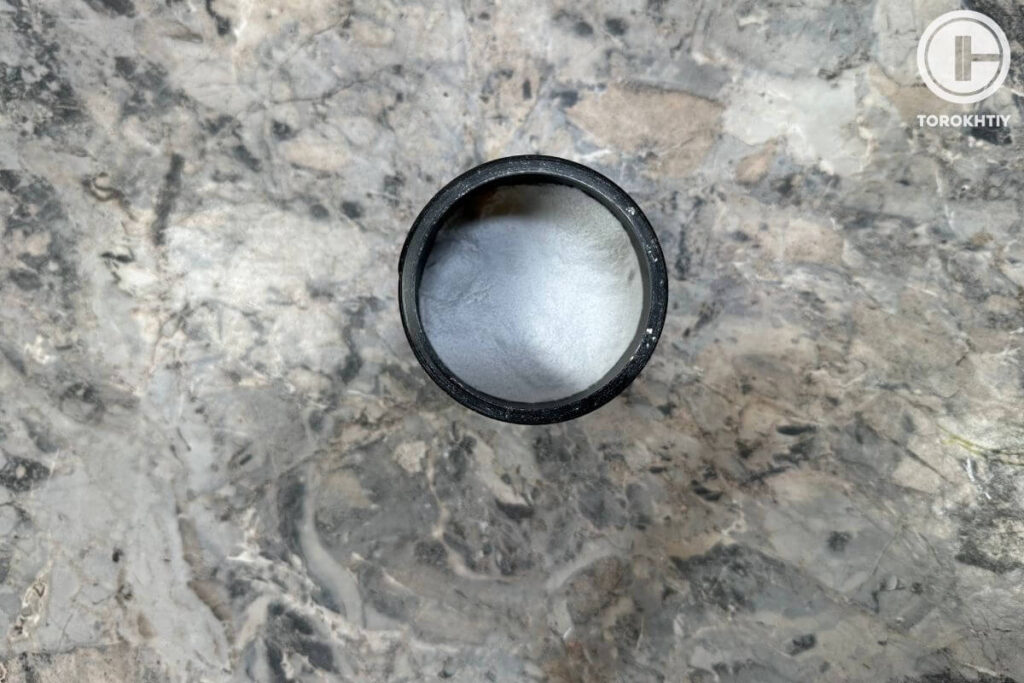
Conclusion
Ultimately, we find it very difficult to recommend Kaged’s Creatine HCl. While this could be an effective supplement when taken in large doses, we just don’t believe it’s worth the money. To get a standard 5g serving of creatine, you’d need to take 6-7 scoops of Kaged’s supplement. This would cost ~$2.21 and would leave with only ~11.3 servings per package.
As a result, you’re probably better off buying a basic monohydrate supplement instead. Consider an option like Jacked Factory where each 5g serving will only cost you ~$0.41.
We hope this Kaged Muscle Creatine review can help you make a more informed decision about which creatine supplement is right for you!
Have you ever used any creatine before, or are you looking to try it for the first time? Were you aware of the difference between creatine monohydrate and HCl? Let us know your thoughts in the comments below!
Also read:
- Kaged Multivitamin Review
- Kaged Mindset Review
- Kaged Whey Protein Isolate Review
- Kaged Clean Burn Review
- Pre Kaged Stim Free Review
References:
- Richard B. Kreider, et. al, “International Society of Sports Nutrition position stand: safety and efficacy of creatine supplementation in exercise, sport, and medicine” J Int Soc Sports Nutr. Jun 13:14:18. (2017).
- Richard B. Kreider, “Bioavailability, Efficacy, Safety, and Regulatory Status of Creatine and Related Compounds: A Critical Review” Nutrients, 14(5), 1035 (2022).
- Daniel McDonagh, “ORAL CREATINE HYDROCHLORIDE SUPPLEMENTATION: ACUTE EFFECTS ON SUBMAXIMAL, INTERMITTENT BOUTS OF BENCH PRESS AND VERTICAL
JUMP EXERCISES” scholarworks.boisestate.edu,
https://scholarworks.boisestate.edu/cgi/viewcontent.cgi?article=2454&context=td (Accessed Feb. 13, 2024) - Brandon T. Gufford, et. al, “Physicochemical Characterization of Creatine N-Methylguanidinium Salts,” Journal of Dietary Supplements, Volume 7, Issue 3 (2010).
- Guillermo Escalante, “Analysis of the efficacy, safety, and cost of alternative forms of creatine available for purchase on Amazon.com: are label claims supported by science?” Heliyon, Volume 8, Issue 12, (2022).
- All photos are made by our Torokhtiy Media Team.
Why Trust Us?
With over 20 years in Olympic Weightlifting, our team does its best to provide the audience with ultimate support and meet the needs and requirements of advanced athletes and professional lifters, as well as people who strive to open new opportunities and develop their physical capabilities with us.
All products we select are primarily approved and tested by the Olympic Weightlifting Champion Oleksii Torokhtiy. Under his guidance, our team provides honest and reasonable assessments of the products we review by checking their characteristics, packaging, design, comfort and durability features, and general product rating. We select products from only high-quality and trusted sports brands, thus vouching for their quality.
The product testing process is described in more detail here
Camila has worked as a Nutritionist for 7 years. In addition to being a nutritionist, she is an amateur weightlifting athlete for 2 years. Camila has experience at Flamengo’s football base and in a food supplement company and currently provides services at a clinic. At the moment she is coursing a postgraduate study in Sports Nutrition.


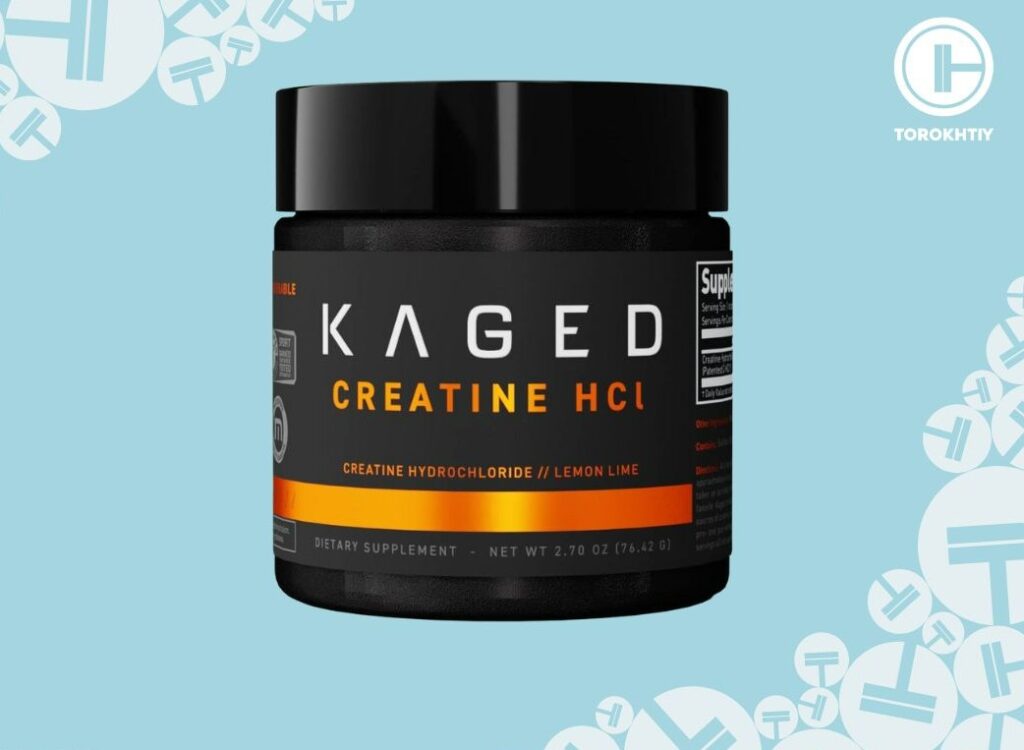

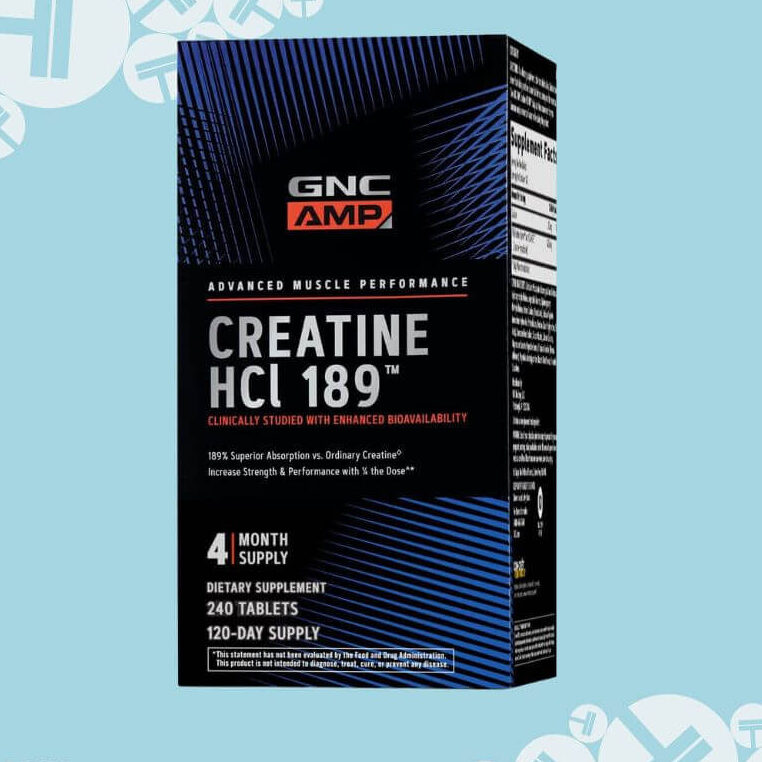
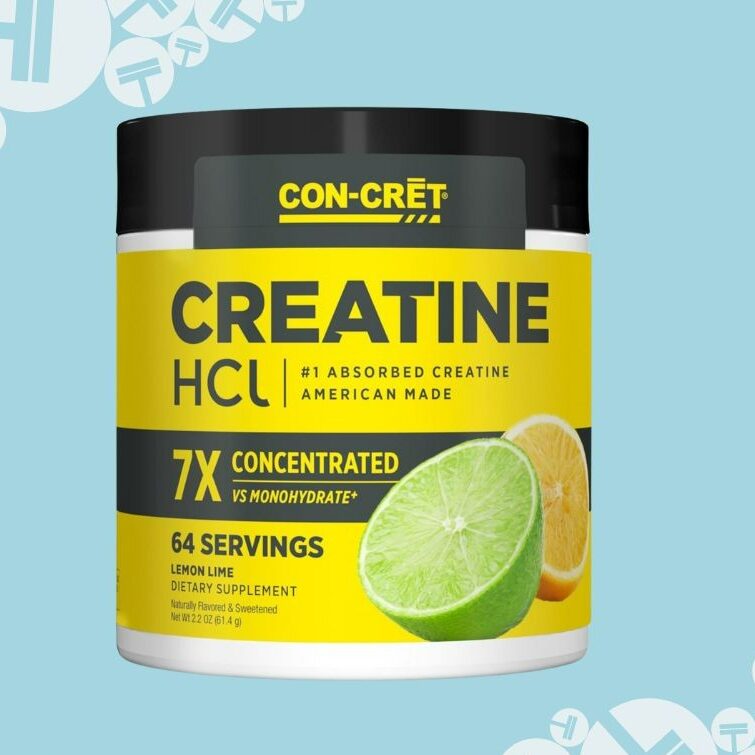
Still have questions after reading our article? Unlock your full potential by engaging with our experts and community! Don’t hesitate — leave a comment below and Camila Parente Santos will provide a personalized answer and insights to help you reach your goals.